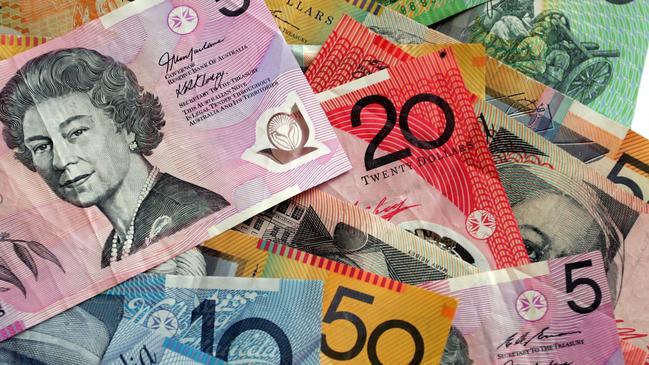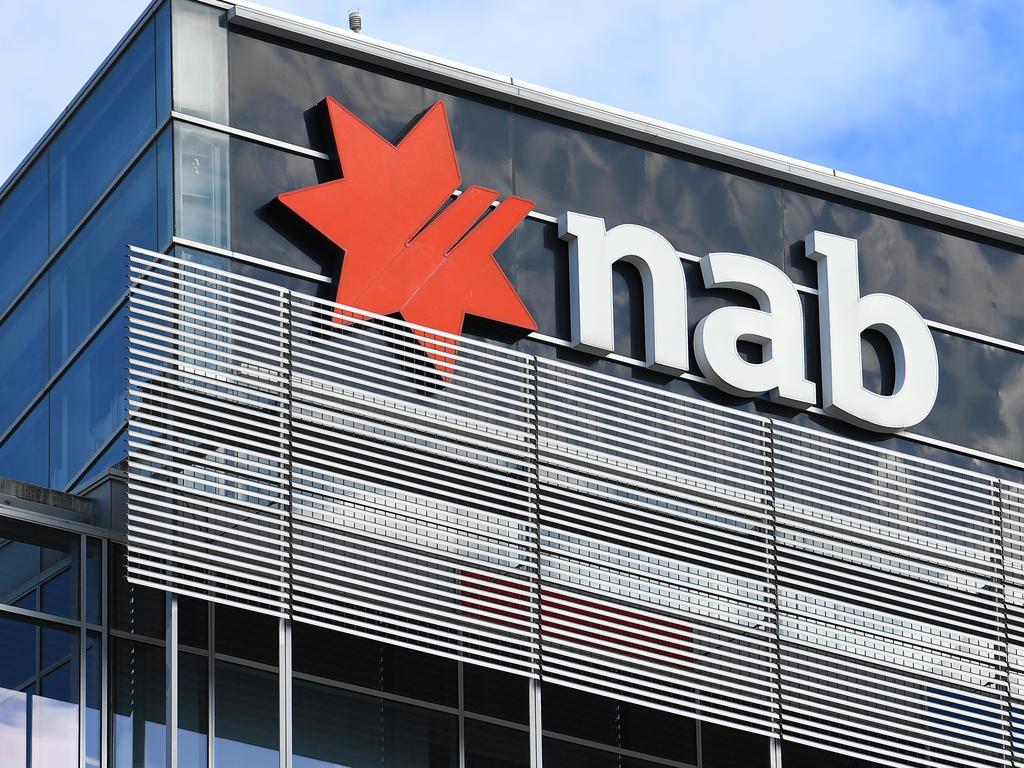
As Future Fund chairman Peter Costello said this week, there will be some companies that won’t make it through the inevitable COVID-19 recession.
Others, such as Virgin Airlines, now in voluntary administration, will emerge leaner and smaller versions of their February 2020 selves and with a new set of owners. The battle for Virgin is just the beginning of many deals that will emerge from the corporate carnage not only this year but, if post-GFC history is any guide, over the next several years.
A report to be released today by the Australian Investment Council highlights the fact that private capital in the form of private equity funds and venture capital funds is set to play a major part in the corporate restructuring, which is now beginning as even the strongest companies are smashed by the economic impact of the coronavirus shutdown.
The report estimates that there is now an estimated $13bn ready to invest by private equity and venture capital funds as and when the right deals emerge.
It also highlights the growing role of private capital in Australia in a range of forms, including private equity, venture capital, the emerging private debt market, and real estate and infrastructure.
It estimates that the private capital sector in Australia has reached a near record of assets under management of $68bn, which is more than double the $30bn as of December 2010.
This shows the capital market has become larger, deeper and much more agile since the global financial crisis of 2008-09, with private investments — as opposed to those listed on the sharemarket — playing a much more important role in financing our economy.
Private equity funds in Australia, drawing on capital from local investors as well as foreign institutional investors, now have more than $25bn in assets under management.
Just over half the value of private equity takeover deals last year were in public to private deals, which resulted in listed Australian companies such as Healthscope and Navitas becoming owned by private investors.
Better tax regime
In addition, there is another $8bn in venture capital funds now accumulated in Australia investing in more early-stage companies, including tech companies.
While at first glance one could attribute this to a slightly better tax regime for venture capital investing (for more details see recent memoirs by Turnbull, M), Investment Council CEO Yassar El-Ansary argues that the money being raised by venture capital funds in Australia is as a result of those funds finding attractive start-up and innovative companies to invest in.
The recent debate over the liquidity of superannuation funds has thrown the spotlight onto their holdings of illiquid or unlisted assets.
But as many of the chief investment officers of eight large super funds pointed out in an online roundtable organised by the Queensland Investment Corporation on Monday, super funds are investing in unlisted assets as they present some better opportunities for investments than many listed companies.
It is already clear that the $3 trillion super fund sector will play a major role in the corporate restructuring now under way.
The sector, which has long complained of a lack of attractive investments in Australia, is now investing in Australian companies with its ears pinned back.
Australia’s largest super fund, the $170bn AustralianSuper, has confirmed this week that it has already invested $300m in recent equity raises of companies including Reece, QBE and NAB.
JobKeeper and superannuation
After initial fears that the federal government’s early-release-of-super program would cause major liquidity problems for the super industry, it appears that the JobKeeper program — designed to keep employees as employees — has helped reduce the potential liquidity drain.
While Rice Warner estimated that the total super drawdown could cost the funds as much as $50bn, it now seems as though the total could be closer to the federal government’s original estimate of just under $30bn.
There may be some particularly severe impacts on a few funds whose members have been laid off, but the message coming from the super fund CIOs this week was designed to reassure the market that the industry as a whole still has plenty of liquidity.
Not only does it have the funds to pay out the potential 900,000 to one million Australian super fund members who initially indicated to the Australian Taxation Office (ATO) they would draw down up to $20,000 from their super, it still has plenty of cash to invest not only in the current round of equity raisings but also in new private equity deals.
Domestic investors
The report says super funds represent the largest proportion of domestic investors in private capital in Australia. The key player everyone is watching is the giant AustralianSuper, which teamed up with private equity group BCH Capital in private equity deals last year for Healthscope and Navitas.
The pair are believed to now be teamed up in a new consortium looking at Virgin Australia.
The AIC report notes that the Navitas takeover by AustralianSuper and BCH last year “reflects the increasing involvement of superannuation funds at the buyout stage”.
“Given the increasing consolidation within the superannuation industry, we expect more big-ticket private equity transactions to involve super funds going forward,” it says.
In short, there is plenty of capital around that is now circling troubled companies.
The COVID-19 recession-induced deals have only just begun and will roll out this year and over the next few years.
Private capital is set to play an increasing role in the unfolding drama as corporate Australia heads for a painful restructuring — but one that could also see those companies being run more efficiently than ever before.








Only a few months after the COVID-19 crisis began to hit Australia, it is already clear it will precipitate one of the biggest restructurings of the economy in most Australians’ lifetimes, creating a new generation of winners and losers.